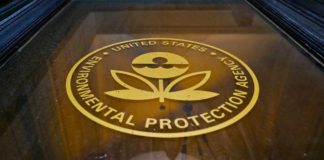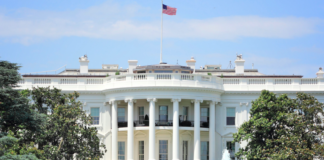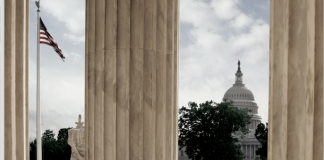Improving the federal regulatory process is critical to the continued growth and competitiveness of the U.S. economy. Targeted regulations to protect health and safety are an important function of government, but the regulatory state has increased dramatically in size and scope over the past 40 years to the point that it now touches every corner of the American economy. The ACCF’s Regulatory Improvement Project is aimed at finding commonsense and bipartisan ways to improve the rulemaking process to ensure a fair and level process for American businesses.
News
ACCF Testimony on Benefits and Costs in EPA Clean Air Act...
Oral Testimony of Kyle Isakower, Senior Vice President for Regulatory and Energy Policy, American Council for Capital Formation on EPA Proposed Rule: “Increasing Consistency...
The fate of Trump’s deregulatory agenda lies in the courts
Washington Examiner
Compared to previous administrations, Trump has put forth fewer regulations than under either former Presidents Barack Obama or George W. Bush according to a new paper published by the American Council for Capital Formation. And there are some that have suggested that it is actually fewer than any president since they started keeping track back in the 1970s.
New Report Grades Trump Record on Deregulation
Former OIRA Administrator John Graham and Indiana University Professor Keith Belton Assess Trump Pledge to Deregulate U.S. Economy
Research & Publications
Trump’s Deregulatory Record
A new report by John Graham, former Regulatory Czar under President George W. Bush and Keith Belton of Indiana University grades Trump's deregulatory record at the two-year mark.
Harvard Law School Forum Publishes ACCF Robo-Voting Research
From The Harvard Law School Forum on Corporate Governance and Financial Regulation
New research from the American Council for Capital Formation identifies a troubling number...
Regulatory Improvements to Ensure Process Certainty: Ten Impactful Ideas
This paper is a result of a November 16, 2016 bipartisan roundtable discussion identifying ten specific issues and beginning the dialogue on finding solutions.






